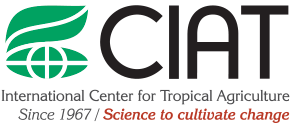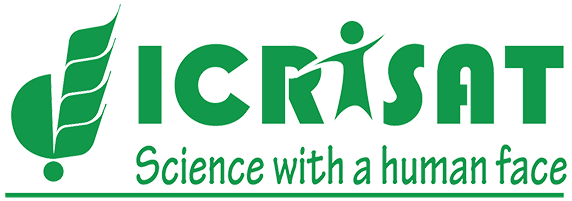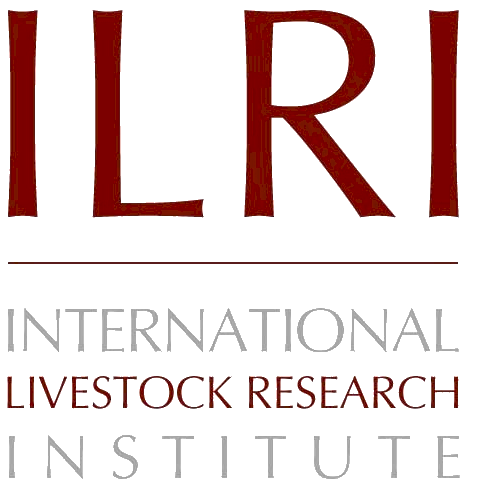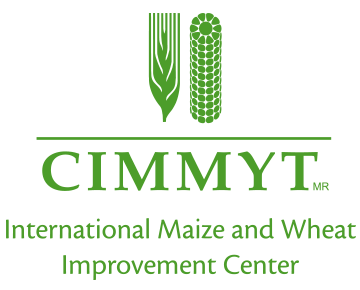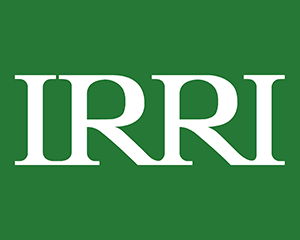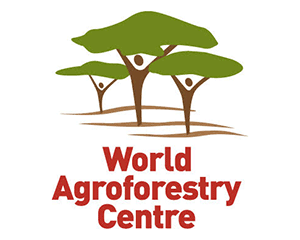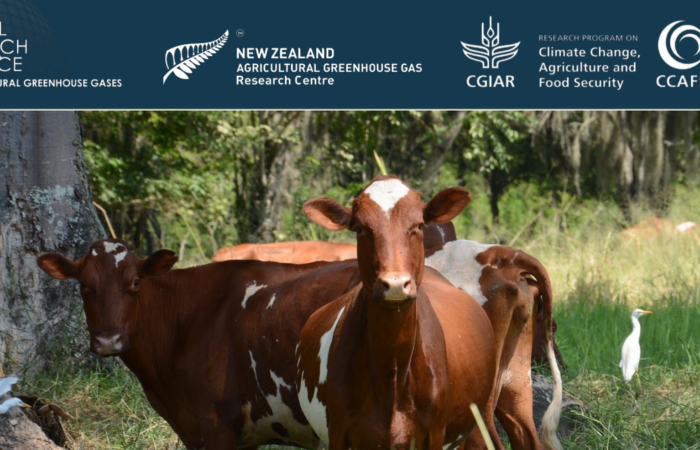
Abstract
The inclusion of feed additives in livestock diets or supplements is a routine global nutritional management practice. Consequently, the existing commercial feed additive marketing and delivery pathways will be able to deliver rapid market penetration of feed additives specifically developed to reduce enteric methane emissions. So, the delivery path is clear, but are the methane mitigating additives available, effective, and are there any constraints or risks associated with their use? To answer these questions an assessment of the ten leading classes of compounds being studied for methane mitigation efficacy in ruminants was made. The assessment is provided as a concise resource that can serve as an evidence base to guide investment and management decisions by all actors in the livestock additive supply chain.


